

Constipation is the most common gastrointestinal disease, responsible for 2.5 million doctor visits each year. Under normal circumstances, if the number of defecations per week is less than 3 times or defecation is difficult, there is constipation. In total, about 16% of the population suffers from constipation. When constipation is bothersome (and sometimes uncomfortable), it is considered a symptom rather than a disease. So, constipation treatment in homeopathy can be helpful.
It is important to know that normal bowel movements vary from person to person, some people may have bowel movements several times a day; Others once or twice a week. Constipation, like other symptoms, becomes a problem when it causes stress or anxiety in patients and affects their daily lives.
Whatever your bowel movements are, one thing is certain: the longer it takes to have a bowel movement before “poop,” the harder it will be to pass stool.
For most people, these symptoms are short-lived and have no significant impact on life. For some people, sudden constipation may be the first sign of bowel disease such as obstruction (eg, tumour, adhesions) or inflammation (eg, intestinal infection).
Under normal circumstances, if the number of defecations per week is less than 3 times or defecation is difficult, there is constipation. Some of the common symptoms of constipation include:
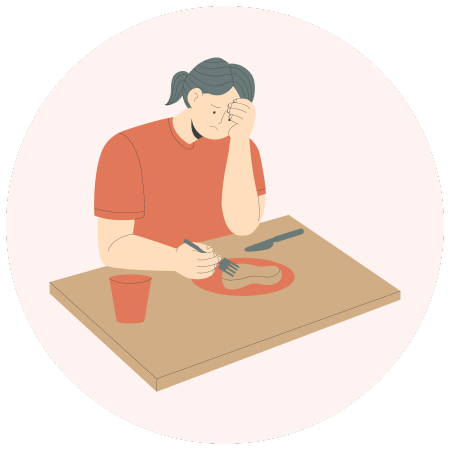
Loss of Appetite
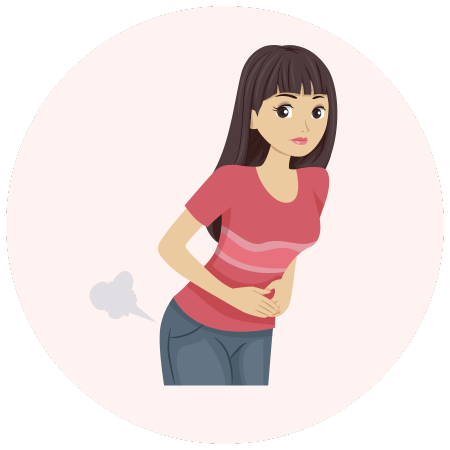
Gas

Fatigue
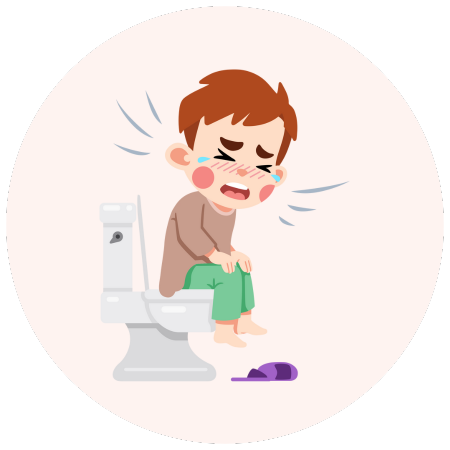
Difficulty in Bowel Movement
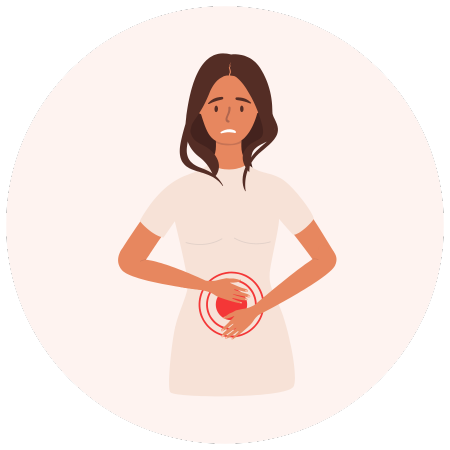
Abdominal Pain
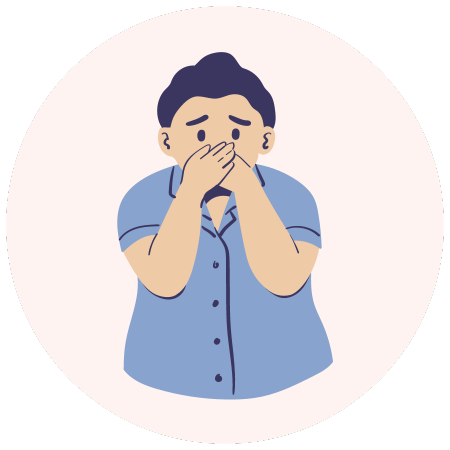
Nausea
Constipation can have many causes – lifestyle choices, medications, medical conditions, and pregnancy.
If constipation is left untreated, it can cause many problems, from tissue damage to infection. The dangers of poor bowel movement are:
| Haemorrhoids | When you have frequent bowel movements, this can cause swelling of the anus and/or the muscles in and around the anus. These swollen blood vessels are called haemorrhoids or haemorrhoids and can cause pain, itching and bleeding from the anus. |
| Anal fissures | When hard stools pass through the anus regularly, they can break the skin. Constipation, known as anal fissure, is another cause of abdominal pain and inflammation. |
| Stool entrapment | When stool does not pass normally, it enters the bowel, rectum, and anus. Fecal impaction occurs when hard stools form and cannot leave the body. |
| Diverticulitis | Diseases associated with constipation can also lead to diverticular disease or the formation of small pouches along the colon wall. If the stool blast fills the sacs with stool, the stool can cause infection and pain in the area. This condition is called diverticulitis. |
| Incontinence | Straining to have bowel movements puts too much pressure on the bladder or the muscles that control the bladder. When the body moves to the bladder or bowel this can cause stress, incontinence or urination. |

Afecto Homeopathy is your destination for exceptional care led by the best homeopathic doctors. Our expert team prioritizes your overall well-being, dedicating themselves to enhancing your life through innovative technology and advanced techniques. With a strong focus on transforming your health, our doctors with 30+ years of clinical experience bring you one step closer to a better lifestyle. Experience the difference with the best homeopathic doctors, and embark on a journey of healing and well-being with Afecto Homeopathy®.


















The effectiveness of homeopathy for chronic constipation is not supported by strong scientific evidence, and results may vary depending on individual cases.
Yes, homeopathy has the ability to treat chronic constipation at the roots and eventually make it go away.
The duration of constipation depends on the symptoms and the treatment type a person opts for. Constipation can last from a few days to weeks.


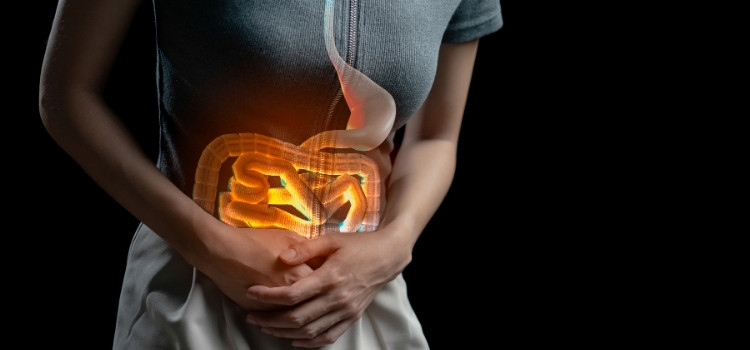
We care for your wellness
Distance does not matter for cure
We are here for you whenever you need us
Explore nearby clinics and schedule your visit effortlessly.